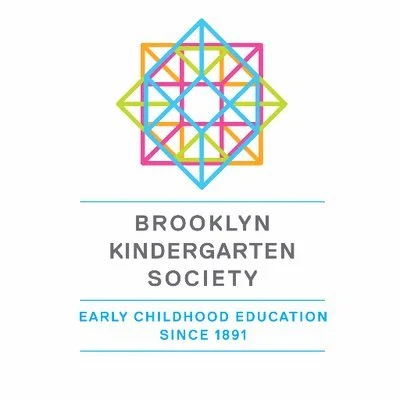The role of developmental change and linguistic experience in the mutual exclusivity effect
Lewis, M., Cristiano, V., Lake, B. M., Kwan, T., & Frank, M. C.
Published 2020
Executive Summary
Given a novel word and a familiar and a novel referent, children have a bias to assume the novel word refers to the novel referent. This bias – often referred to as “Mutual Exclusivity” (ME) – is thought to be a potentially powerful route through which children might learn new word meanings, and, consequently, has been the focus of a large amount of empirical study and theorizing. Authors found that the strength of the bias varies dramatically across development and that linguistic experience is likely one causal factor contributing to this change.
Note: Cognitive ToyBox’s vocabulary game and mutual exclusivity game were used in this study.
Other Research













